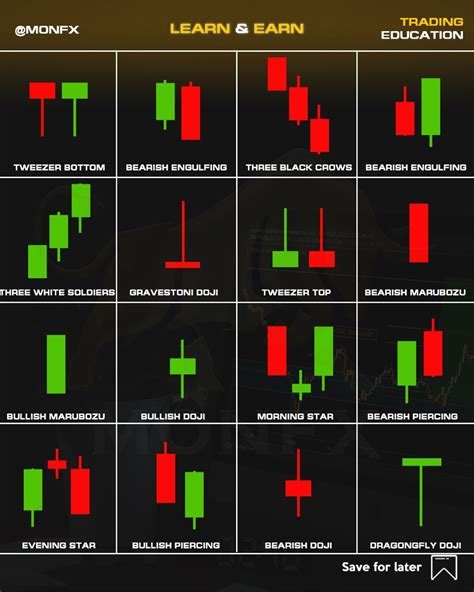How To Use Trading Psychology For Better Outcomes
Cryptocurrency trading psychology: unlocking success with trading psychology
The cryptocurrency trade has become increasingly popular in recent years, with many people and institutions trying to capitalize potential profits. However, the vast majority of operators cannot achieve its financial objectives due to scarce decision -making pressures. In this article, we will explore how trading psychology can be used to improve your results as a cryptocurrency trader.
Understanding of trading psychology
The trading psychology refers to the mental and emotional factors that influence the behavior of an individual on the stock market or on any other trading platform. These factors can be largely classified in two groups: cognitive prejudices and emotional states.
Cognitive prejudices are systematic errors in the thought that can lead to low decision -making process, such as the confirmed prejudice (focusing on information that confirms pre -existing opinions) or anchoring (overvaluation or underestimation of particular information). The emotional states, on the other hand, are personal experiences and attitudes that can also have an impact on an individual’s trading decisions.
Concepts of key trading psychology
- Loss aversion : This concept suggests that people tend to fear losses more than they appreciate earnings. As a result, the traders may have more likely to cut their positions or sell at the worst possible moment.
2
- Excessive trust : excessive trust in one’s trading skills can complacen and lack of attention to risk management.
4
How trading psychology can improve your results
By understanding and managing trading psychology, you can improve your success possibilities in the cryptocurrency market. Here are some implementable suggestions:
- Prepare forward : Before entering a trade, spend time looking for and analyzing market conditions. This helps to reduce anxiety and makes it easier to make more informed decisions.
- Set up clear objectives : Define your trading objectives, including risk tolerance and potential returns. This will help you stay concentrated and avoid impulsive decisions based on the emotional state.
- Manage emotions
: develop a trading diary or use tools such as the analysis of feelings to keep track of your emotions. Recognize when you feel anxious or too confident and take measures to manage these emotions.
- Stay disciplined : follow your strategy, even in the face of market volatility or unexpected events. Avoid making impulsive decisions based on short -term gains or losses.
- Learn continuously : Stay updated with market news, trends and trading strategies. This will help you adapt to changing circumstances and improve overall performance.
Examples of real life of commercial psychology
- The fear of losing (Fomo) : in 2018, a popular cryptocurrency trader was surprised to sell his coins at the peak price before making a quick profit. However, he later realized that he had made a significant loss due to Fomo and lost precious time.
- OVERCONFIDENCE : A well -known cryptocurrency investor has excessively foreseen Bitcoin ascent, just to be proven incorrect when he was unable to earn traction as expected.
Conclusion

Trading psychology is essential to achieve success in the cryptocurrency trade. By understanding how cognitive prejudices, emotional states and other psychological factors influence our behavior on the market, we can take proactive measures to improve our results.

